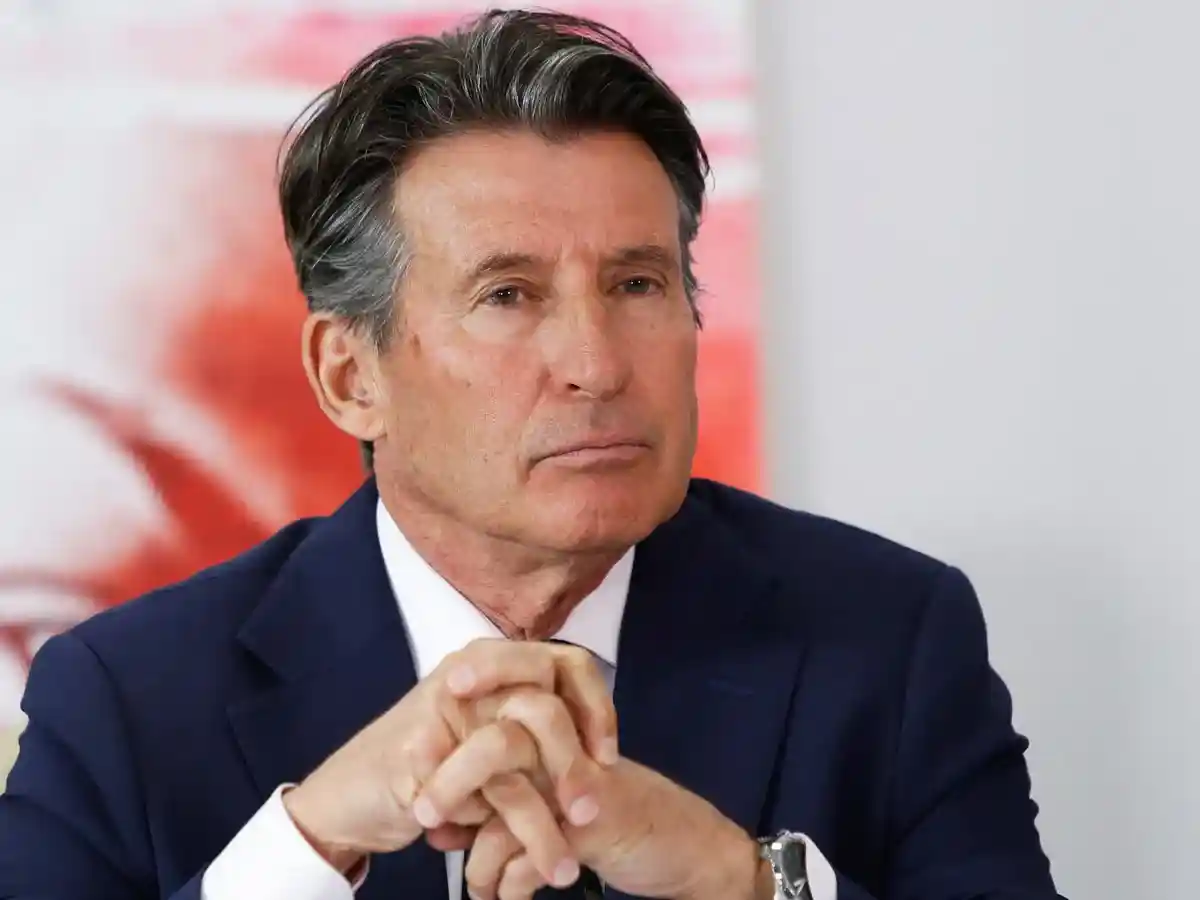World Athletics have banned transgender women from competing in the female category at international athletics events. The ruling comes into effect on 31 March.
The decision was made by World Athletics yesterday in order to ‘prioritise fairness and the integrity of the female competition before inclusion’.
World Athletics president, Seb Coe, also confirmed athletes from Russia and Belarus would continue to be excluded from competition, including the Olympics, due to the war of Ukraine.
That puts World Athletics in direct conflict with the International Olympic Committee, who are exploring a pathway for Russian and Belarusians to compete at Paris 2024 as ‘neutrals’.
On the new transgender participation rules, Lord Coe said at a press conference in Monaco: ‘The World Athletics council has taken the decisive action to protect the female category in our sport.

‘The council has agreed to exclude male-to-female transgender athletes who have been through male puberty from female world ranking competitions from March 31 this year.
‘The decision that the council made is a primarily principle-based decision and that is the overarching need to protect the female category. This is what our sport is here to do.’
Under previous rules, transgender women could compete in the female category as long as their testosterone levels were below five nanomoles per litre over a one-year period.
In January, World Athletics announced they wanted to tighten their policy but said their ‘preferred option’ was only to reduce testosterone levels to 2.5 nmol/L and increase the transition period to two years.
The contentious ruling has led to a huge backlash from female athletes and women’s rights campaigners who wanted a blanket ban on transgender athletes competing against other women.
And yesterday, they were granted their wish following a vote of World Athletics council members, with the governing body admitting there was ‘little support’ for their original stance during a consultation period.
Seb Coe, accepted that the decision would be contentious but said his sport had been guided by the ‘overarching principle’ of fairness, as well as the science around physical performance and male advantage.
Coe said: ‘The majority of those consulted stated that transgender athletes should not be competing in the female category. Many believe there is insufficient evidence that transwomen do not retain advantage over biological women.
‘Where the science is insufficient to justify maintaining testosterone suppression for transgender athletes, the council agreed it must be guided by our overarching principle, which is to protect the female category.’
Asked if he expected a legal challenge, Coe said: ‘It’s possible. If that is the case, then we will do what we have done in the past which is vigorously defend our position. We will always do what we think is in the best interest of our sport.’
The decision by World Athletics follows that of swimming’s world governing body, FINA, who announced a ban on transgender athletes from competing in elite women’s races last summer.
However Coe also stressed that he would set up a working group that would consult with transgender athletes and review any fresh research that emerged. ‘We’re not saying no forever,’ he said.

